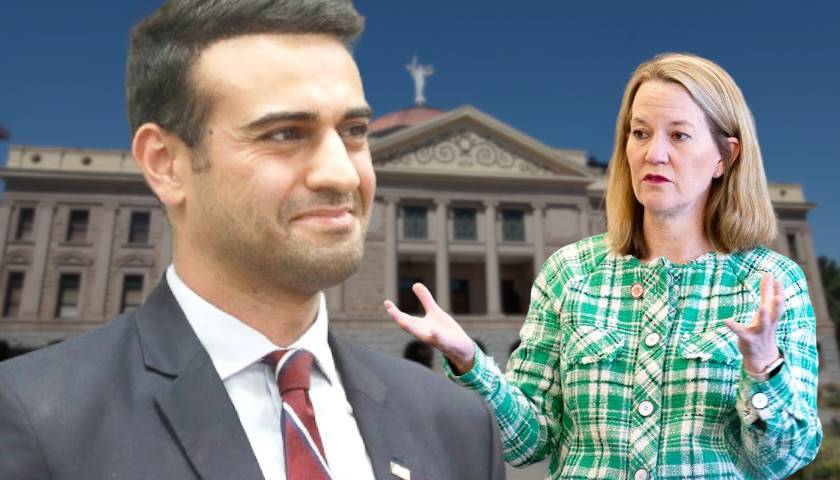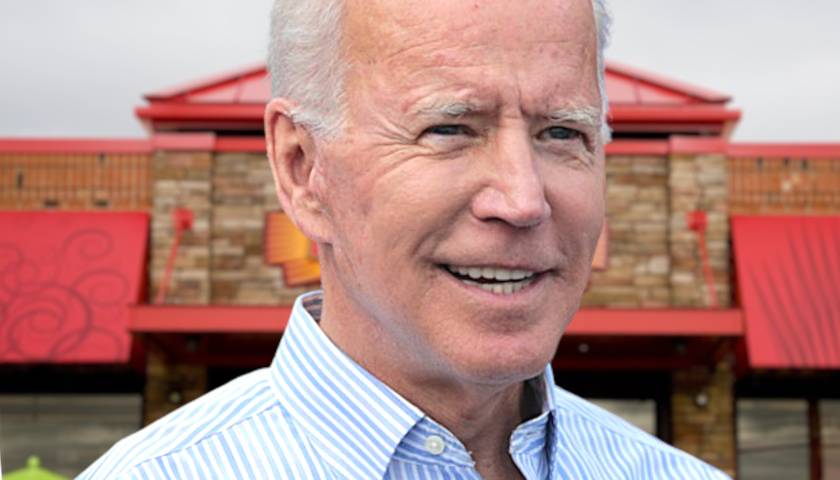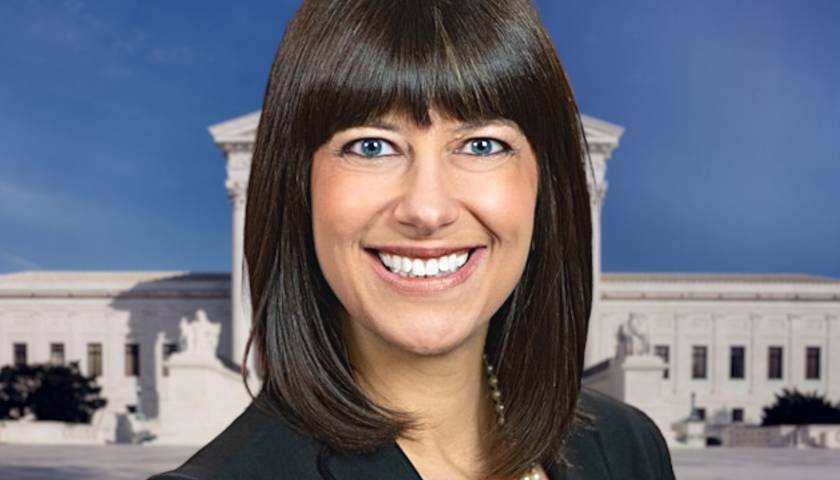by Reagan Reese
Enrollment in New York City schools is dropping while charter schools are seeing a growth in the number of students, according to a report published Wednesday by the Manhattan Institute.
Throughout all New York City schools enrollment declined with 80,707 fewer students enrolled in grades K-12 in the most recent academic year than in the 2019–20 academic year, the report said. The drop has been most pronounced in schools operated by the New York City Department of Education (NYDOE), where enrollment is down by 83,656 students, the largest drop the NYDOE has seen.
Religious and private schools in New York City lost roughly 8,100 students while enrollment in charter schools increased by more than 11,000 students, according to the report. Private and religious schools in New York City have seen a 7.7% decline, while the decline in public school enrollment is sharper, dropping 14% in the last six years.
 Charter school enrollment grew by 45,666, or 48.4%, throughout the last six years in New York City, the Manhattan Institute reported. Partial blame for the decline in public schools can be attributed to the pandemic; though the trends have been occurring for several years, the report claimed.
Charter school enrollment grew by 45,666, or 48.4%, throughout the last six years in New York City, the Manhattan Institute reported. Partial blame for the decline in public schools can be attributed to the pandemic; though the trends have been occurring for several years, the report claimed.
Chancellor of the New York City Department of Education David C. Banks attributed the drop to parents “voting with their feet.”
The rise in charter school enrollment isn’t just limited to New York City; Haywood County in North Carolina saw a 5% drop in enrollment, losing more than 500 students in public school enrollment since the beginning of the pandemic, The Mountaineer reported Saturday. Haywood County’s decline in enrollment is greater than the nation average of 3%.
The only public charter school in Haywood County, Shining Rock Classical Academy, saw a 32.4% increase in enrollment compared to last year and a 43.5% increase over the year before, The Mountaineer reported.
California public schools hit their lowest enrollment in 20 years, dropping 110,000 students, The Orange County Register reported in April. Michigan public schools are attempting to fill schools again with enrollment rising by 6,000, yet total enrollment remains 56,000 less than in the 2019 school year, Bridge Michigan reported in March.
– – –
Reagan Reese is a reporter at Daily Caller News Foundation.





